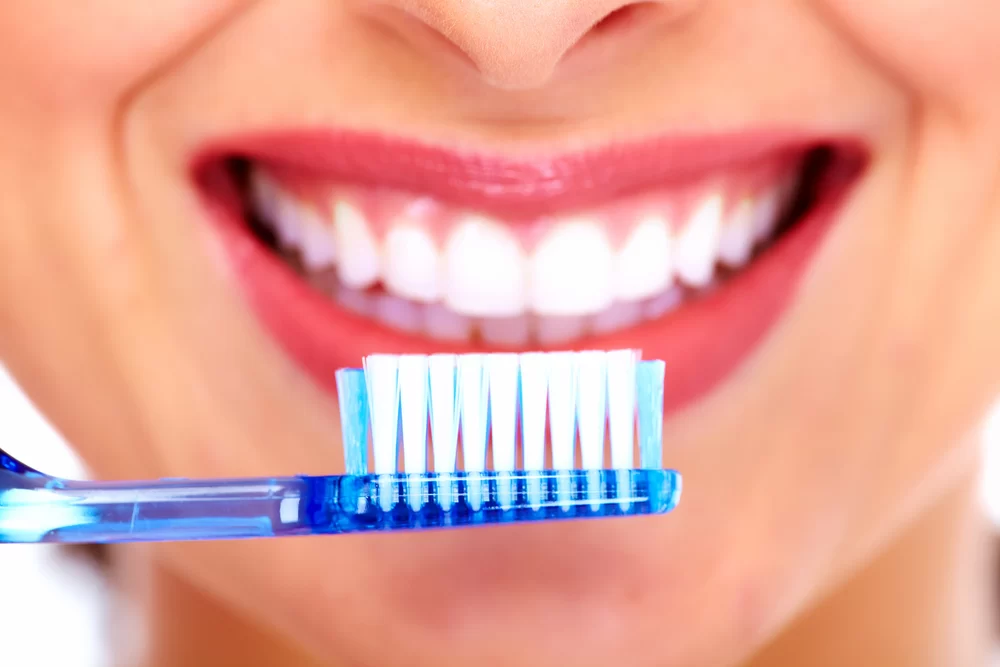
Preventive Measures for Tooth Decay
Tooth decay is a common issue affecting millions of people worldwide, but fortunately, it is preventable. Practicing preventive measures for tooth decay not only helps maintain healthy teeth but also avoids painful dental treatments. In this article, we’ll explore practical steps to take care of your oral health, minimize the risk of tooth decay, and maintain a beautiful smile for years to come.
- Understanding Tooth Decay and Its Causes
- Importance of Daily Dental Care
- The Role of Diet in Tooth Decay Prevention
- Use of Fluoride and Other Preventive Products
- The Importance of Regular Dental Check-ups
- Habits to Avoid to Protect Your Teeth
1. Understanding Tooth Decay and Its Causes
Tooth decay is the destruction of the tooth enamel caused by the buildup of plaque, a sticky layer of bacteria and food particles. If left untreated, decay can lead to cavities, infections, and tooth loss. The process begins when bacteria in your mouth feed on sugars and starches left behind from food, producing acids that attack the enamel. Over time, repeated acid attacks weaken the enamel, creating cavities.
Several factors contribute to tooth decay, such as poor oral hygiene, sugary diets, dry mouth, and insufficient fluoride exposure. By understanding the causes, you can take steps to prevent the formation of cavities and protect your teeth.
2. Importance of Daily Dental Care
One of the most effective ways to prevent tooth decay is to maintain good oral hygiene. Brushing your teeth at least twice a day with fluoride toothpaste helps remove plaque and food particles that could contribute to decay. Make sure to brush for at least two minutes, paying attention to the front, back, and chewing surfaces of your teeth.
Flossing is another critical aspect of oral hygiene. Brushing alone cannot remove food particles and plaque from between the teeth, where tooth decay is most likely to occur. By flossing daily, you can remove debris from these hard-to-reach areas and prevent plaque buildup. Consider using mouthwash with fluoride as well to reduce bacteria and strengthen tooth enamel.
3. The Role of Diet in Tooth Decay Prevention
Your diet plays a significant role in preventing or promoting tooth decay. Sugary and starchy foods are the primary culprits when it comes to cavities. Foods like candy, soda, and baked goods provide food for bacteria in your mouth, leading to more acid production. However, some foods are actually beneficial for your teeth. Crunchy fruits and vegetables like apples, carrots, and celery can help clean teeth naturally, while dairy products, which are rich in calcium and phosphates, help rebuild tooth enamel.
Drinking plenty of water throughout the day also aids in washing away food particles and bacteria. Avoid sipping sugary drinks throughout the day, as this exposes your teeth to sugar over long periods, increasing the likelihood of decay.
4. Use of Fluoride and Other Preventive Products
Fluoride is one of the most effective tools in the prevention of tooth decay. It strengthens the tooth enamel and helps to reverse early stages of decay. Most toothpaste contains fluoride, and using a fluoride rinse or gel can provide additional protection. If you’re at a higher risk for tooth decay, your dentist may recommend fluoride treatments or prescription fluoride products to help protect your teeth.
Other preventive dental products, such as sealants, are also highly effective. Dental sealants are thin coatings applied to the chewing surfaces of the back teeth, which are prone to cavities. These sealants act as a barrier, protecting the enamel from acids and bacteria.
5. The Importance of Regular Dental Check-ups
Even with excellent home care, regular visits to your dentist are crucial for maintaining good oral health. During a check-up, your dentist can detect early signs of tooth decay, clean your teeth professionally, and provide fluoride treatments. Regular exams also allow your dentist to discuss your oral hygiene habits and recommend any changes that may help reduce the risk of decay.
It is recommended that adults and children visit the dentist at least twice a year for routine cleanings and exams. If you have a higher risk of tooth decay, more frequent visits may be necessary. These visits help ensure that any potential issues are addressed before they become serious problems.
6. Habits to Avoid to Protect Your Teeth
There are several habits that can increase the risk of tooth decay, and avoiding them can go a long way in maintaining a healthy mouth. Smoking is one of the worst habits for your teeth, as it reduces saliva production and allows plaque to build up. Smoking also stains your teeth and increases your risk of gum disease, which can lead to tooth loss.
Other harmful habits include grinding your teeth, especially at night, and using your teeth to open bottles or packages. These habits can weaken your teeth and cause damage that leads to decay.
By practicing these preventive measures, you can reduce your risk of tooth decay and maintain a healthy smile for years to come. If you’re looking to improve your oral health even further, make sure to speak with your dentist about personalized strategies that work for your specific needs.
Ready to improve your oral health? Explore more dental care tips and products by visiting [Dentistry Toothtruth] for more information and personalized dental solutions!
OLD Keywords-8:SEO Title: Preventive Measures for Tooth DecaySEO Keywords: preventive measures, tooth decay prevention, oral hygiene, healthy teeth, fluoride, dental check-upsSEO Description: Learn the best preventive measures for tooth decay, including proper oral hygiene, diet, fluoride treatments, and regular dental visits. Keep your teeth healthy and prevent cavities today!






 Dr. Amy James & Associates Orthodontists4.0 (179 review)
Dr. Amy James & Associates Orthodontists4.0 (179 review) Alpine Dental5.0 (201 review)
Alpine Dental5.0 (201 review) Pure Smiles Hawaii - Lisa Whang Shirai, DDS (Dentist in Honolulu)4.0 (92 review)
Pure Smiles Hawaii - Lisa Whang Shirai, DDS (Dentist in Honolulu)4.0 (92 review) Angle Orthodontics4.0 (63 review)
Angle Orthodontics4.0 (63 review) Arpino Orthodontics5.0 (133 review)
Arpino Orthodontics5.0 (133 review) Affordable Dentures & Implants4.0 (347 review)
Affordable Dentures & Implants4.0 (347 review) The Importance of Oral Health Education During Pregnancy for a Healthy Pregnancy
The Importance of Oral Health Education During Pregnancy for a Healthy Pregnancy Best Tips for Brushing Your Teeth Properly for Healthy Gums: Essential Techniques for Oral Health
Best Tips for Brushing Your Teeth Properly for Healthy Gums: Essential Techniques for Oral Health Why Skipping Dental Checkups Can Lead to Bigger Oral Health Problems
Why Skipping Dental Checkups Can Lead to Bigger Oral Health Problems Advantages of Porcelain Dental Restorations
Advantages of Porcelain Dental Restorations How Can Diabetes Cause Tooth and Gum Problems? Preventing and Managing Oral Health Issues
How Can Diabetes Cause Tooth and Gum Problems? Preventing and Managing Oral Health Issues Healthy Habits for Promoting Good Oral Health and Hygiene: Tips for a Healthy Smile
Healthy Habits for Promoting Good Oral Health and Hygiene: Tips for a Healthy Smile